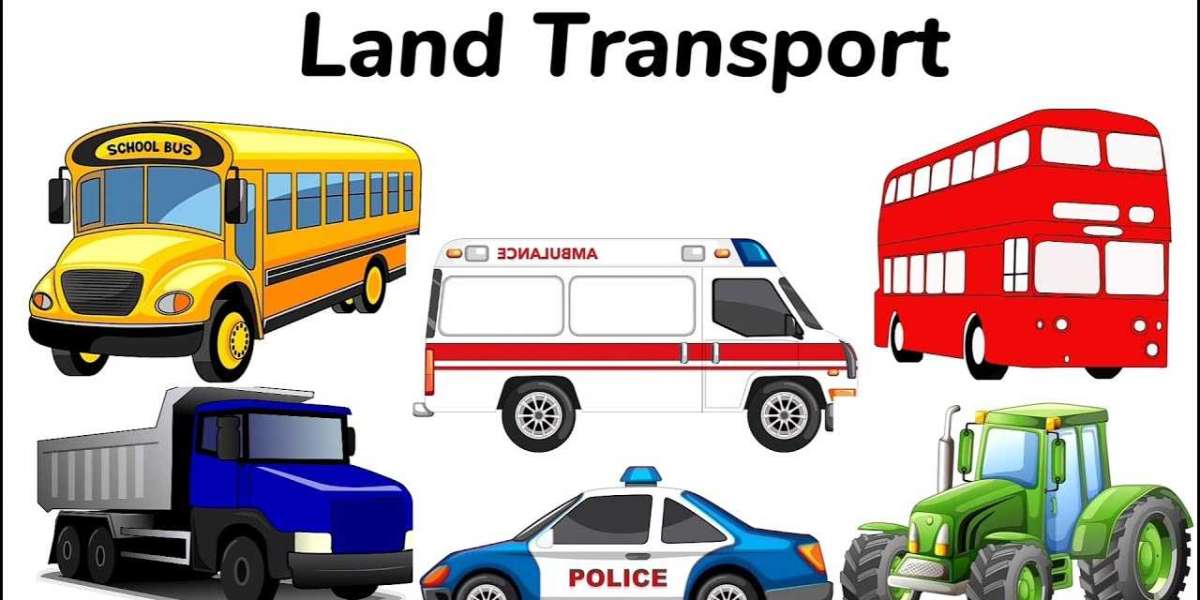Land freight services play a pivotal role in the global logistics and supply chain network. These services involve the transportation of goods by road or rail, offering a reliable and cost-effective solution for moving cargo overland. Whether it's shipping products across a country or within a region, land freight is essential for connecting businesses with markets and ensuring timely delivery of goods.
Types of Land Freight Services
Land freight services are primarily categorized into two types: road freight and rail freight. Road freight involves the use of trucks and lorries to transport goods. It is highly versatile, offering flexibility in routes and schedules. Rail freight, on the other hand, utilizes trains to move larger quantities of goods over longer distances. This mode is particularly efficient for bulk cargo and heavy loads, benefiting from the lower cost per ton-mile.
Advantages of Land Freight
Land freight offers several advantages. It provides door-to-door delivery, making it convenient for businesses and consumers. The flexibility in scheduling and routes allows for more precise delivery times and routes tailored to specific needs. Additionally, road and rail freight services are often more affordable than air or sea freight, particularly for short to medium distances. The ability to transport a wide range of goods, from perishables to industrial machinery, further enhances its appeal.
Challenges in Land Freight
Despite its benefits, Land freight services face several challenges. Traffic congestion and road conditions can impact delivery times and increase operational costs. Regulatory issues, such as varying laws across different regions, can complicate logistics. Additionally, rail freight requires access to specialized infrastructure and can be less flexible in terms of direct routes compared to road freight.
Technological Innovations
Recent advancements in technology have significantly improved land freight services. GPS tracking systems allow for real-time monitoring of shipments, enhancing transparency and reliability. Automated systems and software for route optimization help reduce costs and improve efficiency. Additionally, innovations in vehicle technology, such as electric and autonomous trucks, are poised to transform the industry by increasing sustainability and reducing operational costs.
Future Trends in Land Freight
The future of land freight services is likely to be shaped by several trends. The growing focus on sustainability is driving the adoption of greener technologies and practices. The rise of e-commerce is increasing demand for efficient and rapid delivery solutions. Furthermore, advancements in digital technologies, such as blockchain and AI, are expected to enhance transparency and streamline operations in the land freight sector.
Conclusion
Land freight services are a cornerstone of modern logistics, providing essential connections within and between regions. While challenges exist, ongoing technological advancements and evolving industry trends are poised to enhance the efficiency, reliability, and sustainability of land freight. As businesses and markets continue to grow, the role of land freight will remain crucial in facilitating global trade and commerce.








